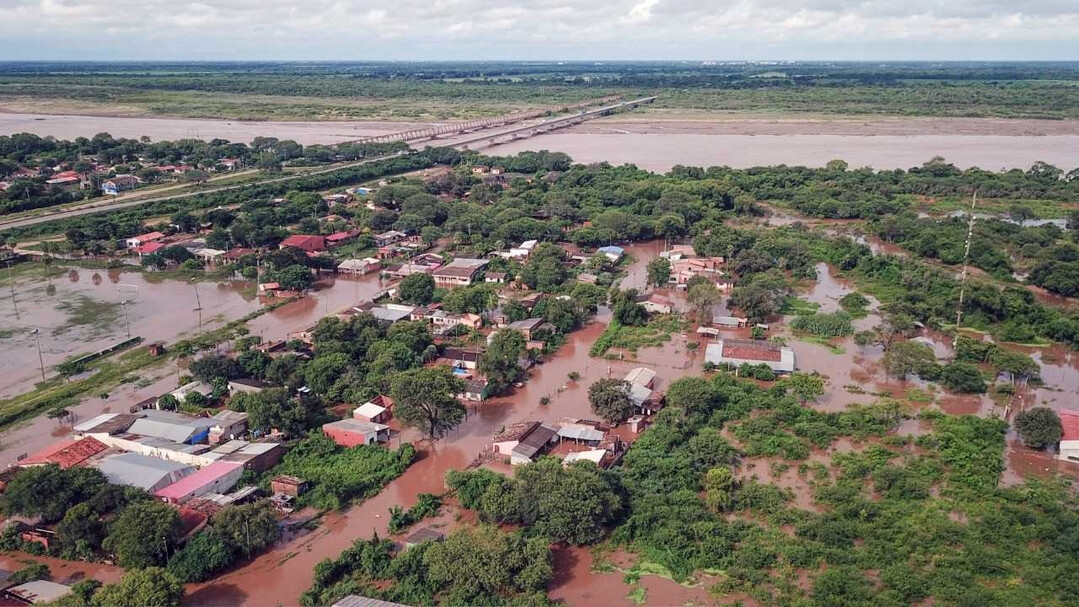
LA PAZ, Bolivia – Bolivia has declared a national emergency following weeks of relentless torrential rains that have triggered widespread flooding and landslides across the country. The devastating weather has resulted in the tragic deaths of at least 51 people and has severely impacted over 378,000 families since November, President Luis Arce announced on Wednesday.
The declaration of a national emergency will allow the government to more efficiently allocate technical, logistical, and economic resources to the nine affected regions. President Arce highlighted the significant material damage inflicted on 209 municipalities, emphasizing the urgent need for comprehensive relief efforts.
"Faced with this difficult situation, we have declared a national emergency to be able to use all the technical, logistical, and economic facilities of the state in the regions affected by these floods," President Arce stated in a press briefing.
Emergency response teams, comprising over 4,000 personnel, have been actively involved in rescue and relief operations. To date, 234 tons of humanitarian aid have been distributed to those most in need, providing essential supplies and support.
The capital city of La Paz has been particularly hard hit, with local media reporting numerous house collapses due to the persistent downpour over the past several months. The relentless rains have saturated the ground, increasing the risk of further landslides and structural damage.
In a proactive move to bolster disaster response capabilities, the Bolivian Senate last week approved a $75 million loan from the Latin American and Caribbean Development Bank (CAF). These funds are specifically earmarked for addressing emergencies stemming from natural disasters, including the ongoing crisis caused by rains and floods. The loan will likely be crucial in supporting recovery efforts and providing long-term assistance to affected communities.
The severity of the current flooding underscores Bolivia's vulnerability to extreme weather events, which are increasingly being linked to climate change. The Andean nation frequently experiences heavy rainfall during its wet season, but the intensity and duration of the recent storms have been exceptional, overwhelming infrastructure and displacing large segments of the population.
The government is now focused on providing immediate relief, including shelter, food, and medical assistance, while also assessing the long-term needs for reconstruction and rehabilitation in the affected areas. The national emergency declaration signals a heightened level of government intervention and a commitment to addressing the widespread humanitarian crisis gripping the nation.
[Copyright (c) Global Economic Times. All Rights Reserved.]






























